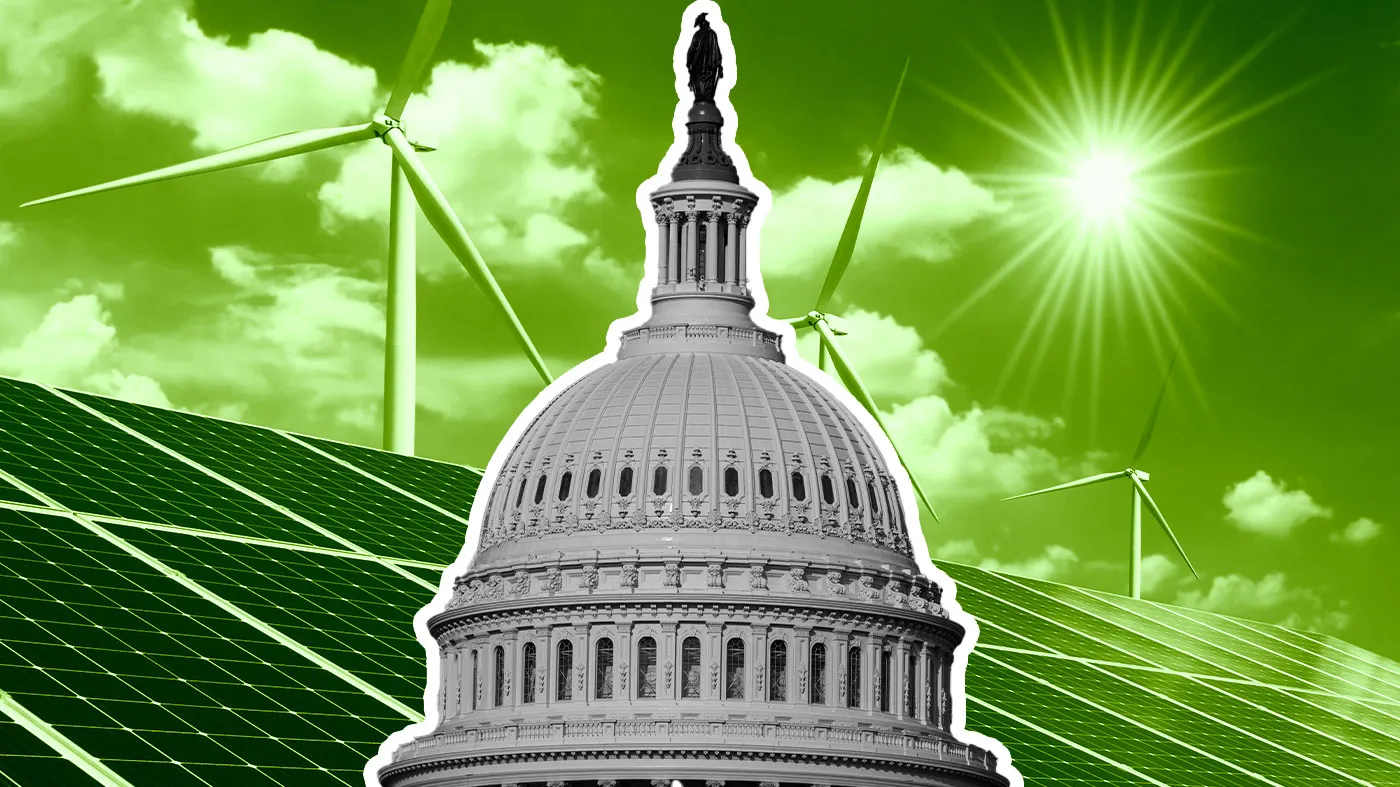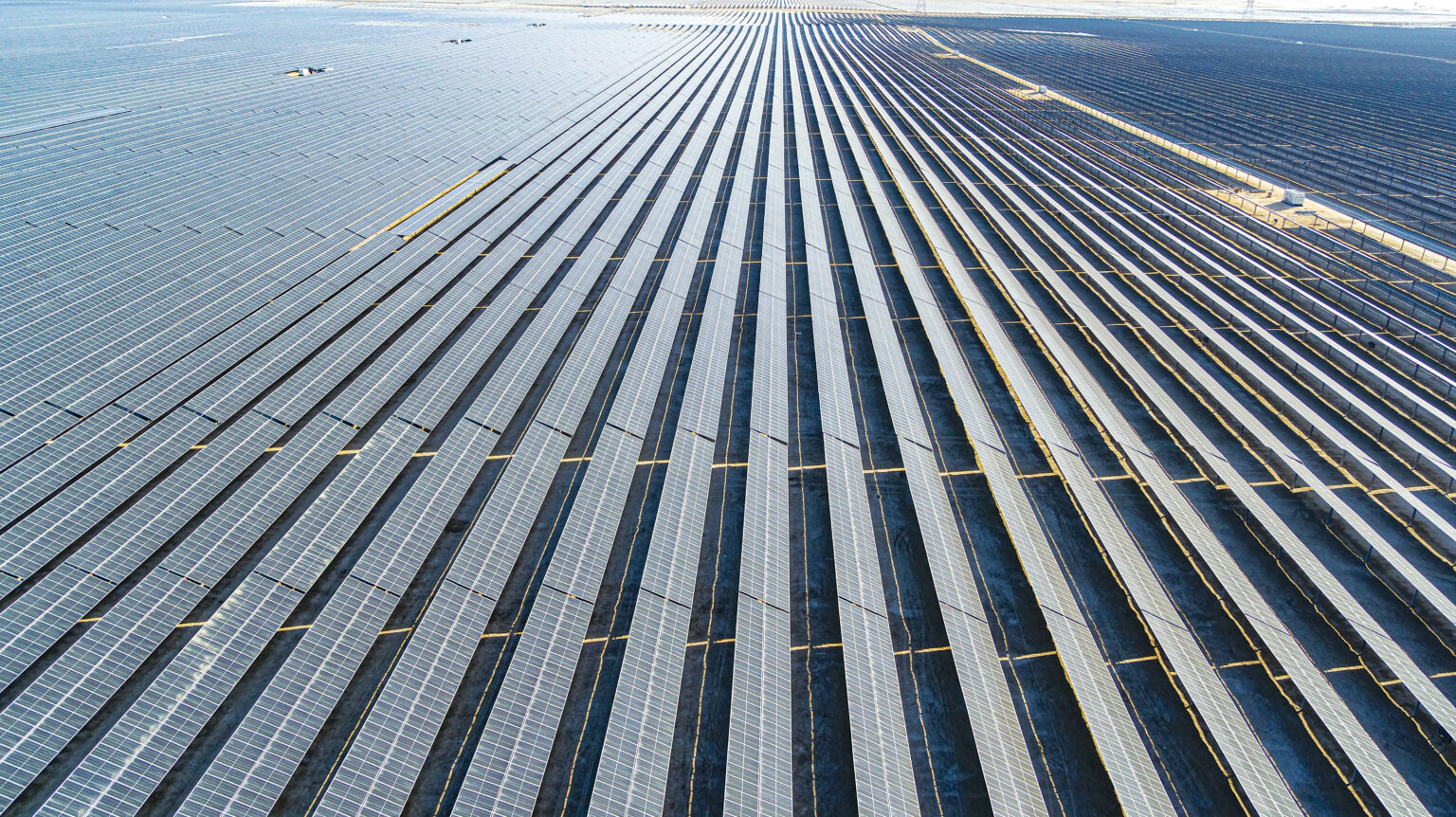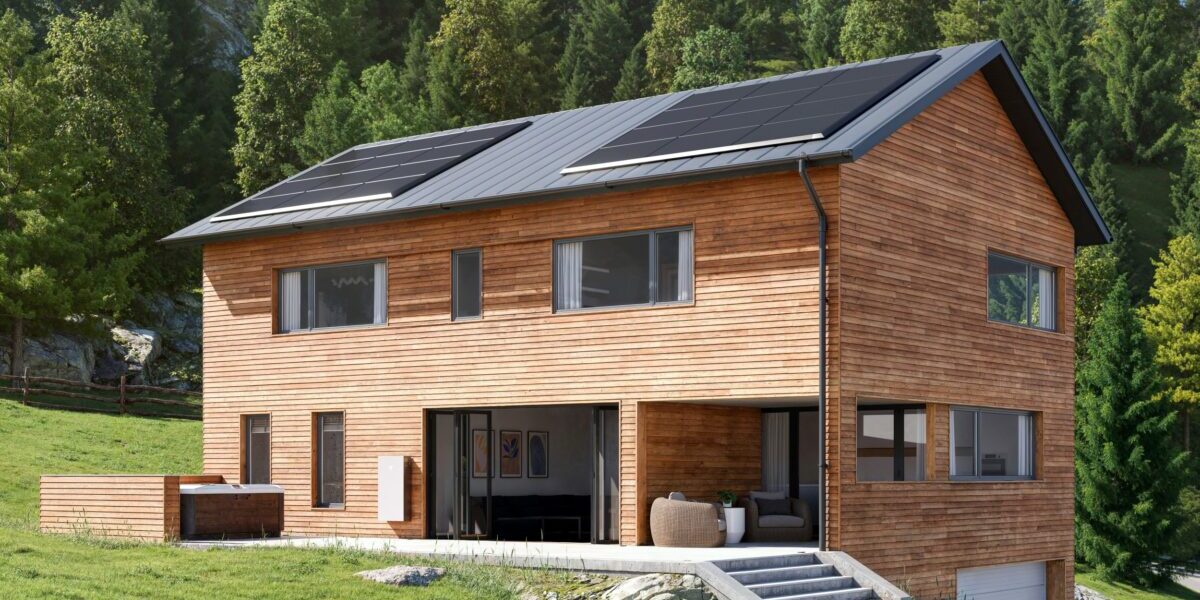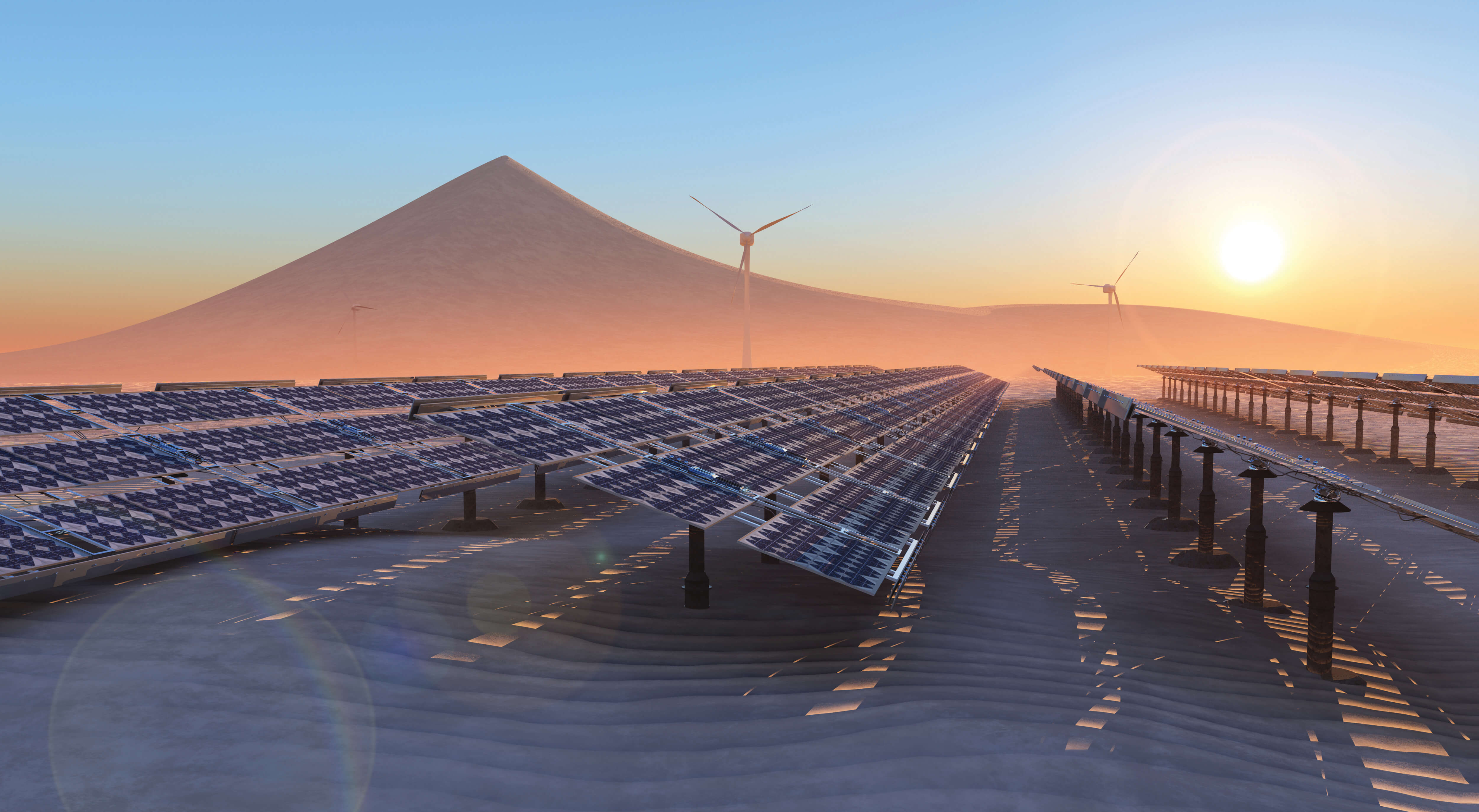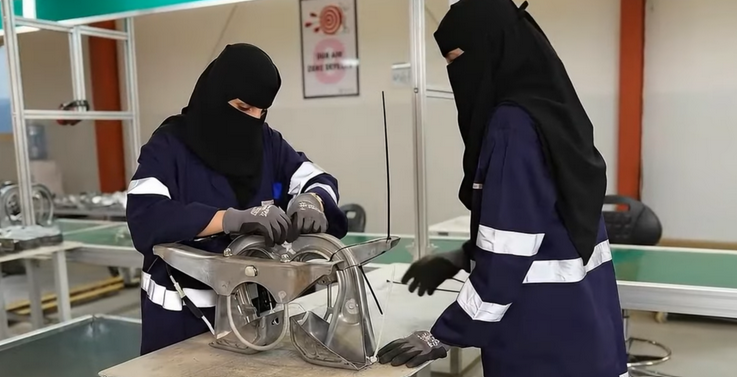The US Senate is giving wind and solar projects slightly more time to qualify for subsidies, as part of a budget bill Republicans passed that would repeal most of the clean energy tax credits in the Inflation Reduction Act while expanding oil and gas leasing.
An updated version of the bill, released shortly before it was passed Tuesday by the Senate in a 51-50 vote, would allow wind and solar projects to continue to qualify for clean electricity tax credits so long as they commence construction within 12 months of the bill's enactment. Republican leaders also dropped a first-time excise tax on wind and solar projects they added to the bill just days ago, as they worked to shore up support from US senator Lisa Murkowski (R-Alaska) and other moderates that had balked at a more aggressive tax credit phase-out schedule.
The Senate-passed bill would still zero out tax credits for wind and solar projects that are not placed into service before the end of 2027 — in line with a draft of the bill released on 28 June — but developers that start construction within 12 months can still qualify for tax credits worth up to 30pc of a project's cost or up to $15/MWh. Renewable energy officials saw that change as an improvement over the initial draft, which could have ended credits for projects already under development. Business Council for Sustainable Energy president Lynn Abramson said the legislation still represents a "significant step backward" for the industry.
The bill, which passed with US vice president JD Vance casting a tie-breaking vote, will now advance to the US House of Representatives for a final vote as soon as Wednesday. House speaker Mike Johnson (R-Louisiana) said the chamber will "work quickly" to pass the bill, although doing so will require near-unanimous support from House Republicans, some of whom have bristled at changes the Senate made to the bill. President Donald Trump said today he wants a final vote by 4 July and urged House Republicans to ignore "its occasional 'GRANDSTANDERS'" that have previously held up his legislative agenda.
The Senate bill is expected to cut about $560bn of clean energy tax credits from the Inflation Reduction Act, according to estimates based on the 28 June version of the bill. But those savings will be dwarfed by other spending in the bill and additional tax cuts that, if enacted, are expected to add nearly $3.3 trillion to the debt over the next decade, the US Congressional Budget Office said.
The bill would repeal a $7,500 tax credit for electric vehicles purchased after 30 September and zero out all penalties against automakers that fail to meet fuel-economy standards, undermining incentives for automakers to sell electric and hybrid vehicles. Tesla chief executive Elon Musk, who earlier this year worked alongside Trump on a cost-cutting "DOGE" project, said the bill would destroy millions of jobs.
"Utterly insane and destructive," Musk said in a social media post on 28 June. "It gives handouts to industries of the past while severely damaging industries of the future."
The Senate softened some of the tax credit cuts the House voted for in May. Clean hydrogen projects would need to start construction by 1 January 2028 to qualify for a tax credit of up to $3/kg, rather than facing a House deadline at the end of 2025. In another change, the bill extends a tax credit for biofuels by two years, until 2029, rather than a four-year extension the Senate initially proposed.
The bill would expand federal oil and gas leasing by mandating twice yearly lease sales in the US Gulf of Mexico and regular onshore leases, in addition to slashing royalty rates to the lowest levels in nearly two decades. The bill would also indefinitely delay the collection of a $900/metric tonne fee on methane leaks and reinstate a federal tax deduction for "intangible" drilling costs. Another program would provide $171mn to buy crude to refill the US Strategic Petroleum Reserve, a fraction of the $1.3bn fund that was passed by the House.
Republicans initially sought to overhaul permitting through the bill, but the only program that is eligible for the filibuster-proof process used for the bill would allow industry to pay a fee to fast-track environmental reviews. The bill would also cut royalties on coal mined on federal land, provide a tax credit for metallurgical coal, repeal climate-related grant programs from the Inflation Reduction Act, and permanently extend some business tax breaks.


